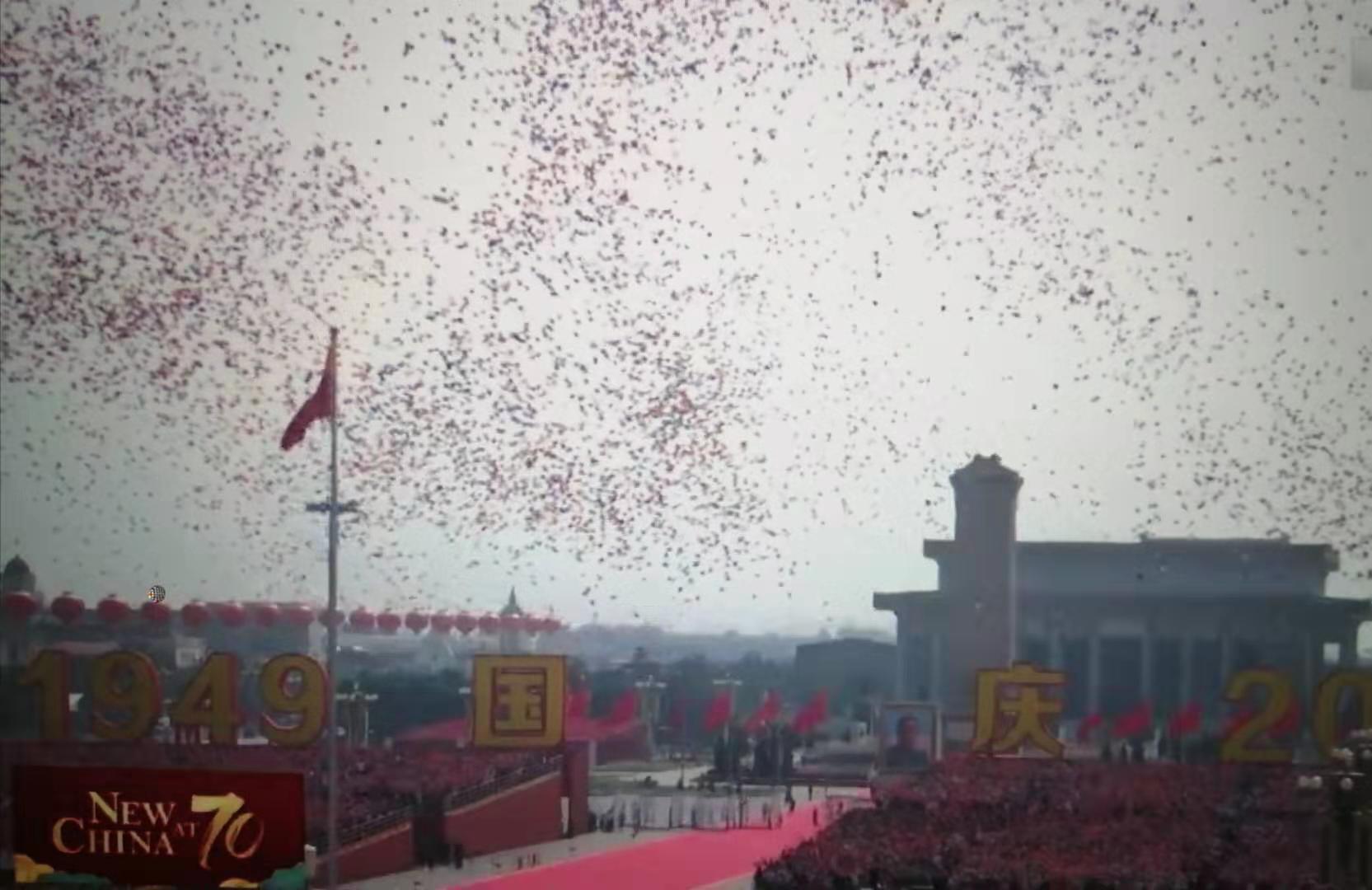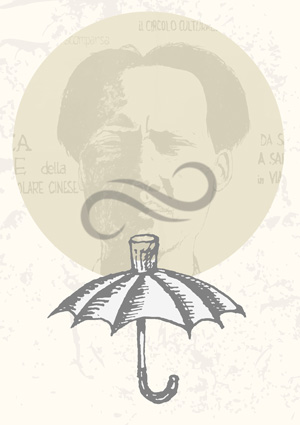
Rosa Aimo
The dialectic of consciousness
In contemporary society, the main cause of the detachment of individuals from society manifests itself in the incapability to join one another, isolating oneself and denying the need of a conscious “praxis”. The thought becomes an abstraction, a subjective need for isolation and this idea leads straight to the most unrestrained individualism.
The fracture between thought and action is the cause of the waste of self-consciousness.
When avoiding social relations, the inner essence of things is lost in its being, the mismatch with the reality grows bigger, and creates a secluded own world, ” mute” and "depressed". The reality appears static, immutable and we do not grasp the things in their being.
Having clear ideas but not connected to practice is like becoming mutilated in will. The spirit of individual supremacy must be contrasted with the collective self, the depression should be contrasted by the will to share and the distrust of confidence with courage and self-esteem. Having clear and right ideas, without passion, is like having no ideas; it means in fact being mutilated in will.
"The criterion of truth can be only found in the social praxis” and the so found truth should undergo the test of praxis.
The fracture between thought and action is the cause of the waste of self-consciousness.
If one examines the generic human consciousness of man as belonging to a biological gender, the difference with other animals lies in the awareness of one's own needs, not only the material ones, but also and especially spiritual ones.
It is not possible for human beings to just perceive a need, but the necessity to understand it is the basic nature of the humanity. The misunderstanding of one's needs leads to estrangement because the nature of the own basic needs themselves is not understood, and their relationship with the real world and society is lost.
Every feeling, as an unconscious will, is the product of practical life, it is born from it, it is nourished and transformed into it, but it is also the result of the action of the individual. Feelings go together with action because the action itself, whatever that is, includes also its own “feelings”. This feeling is twofold and includes its understanding, its knowing. In other words, the feeling is felt passively, but it "feels" for itself, judge the subject, it is his active consciousness and thought. The intellect therefore turns out to be, the exact understanding of the “praxis” and feelings of humans at every moment. The justification of this practice and the search for its meaning, produce an effect in the praxis itself that transform its feelings, becoming its practical expression.

The feelings go together with action because the action itself, whatever that is, includes also its own “feelings”.
The reasoning which is, at first, nothing more than a "self-feeling", practical, so to speak, essentially passive, is transformed to a certain degree of intensity in an active feeling, that is, in concept. The results then, are more important than the intention even if they determine the nature.
From a scientific point of view, of physics for example, there is a school strictly based on the analysis of brain matter. This scientific approach, however, should not nullify the philosophical developments of consciousness, defining the knowledge as a pure phenomenon of quantum mechanics. In other terms, the grey mass of the brains, is considered like an infinite division of the particle from which it is made, only in its internal movement, that is reproducing itself.
Although partly true, dismissing the history of philosophy as a merely scientific discover, is anti-scientific in itself. In this view it is not considered enough that the grey mass not only undergoes changes, but also endures the mutation due to the exchange between one grey mass to the other and to their common continuous changes.
Already Albert Einstein’s research on energy, had come to the same point. Unfortunately, he got lost in black holes invoking God. In short, from scientists to religious there seems to be missing always one thing: the objective nature of things and its correlation with the surroundings.
“What is knowledge?
Ever since class society came into being the world has had only two kinds of knowledge, knowledge of production and knowledge of class struggle. Natural science and social science are the "quintessenza" of these knowledge, and philosophy is the generalization and sum of what we know of nature and society. Is there any other kind of knowledge? No. Now let us speak about students, that are being formed in schools that are completely away from social practice. What will be of them? This type of learning from primary school all the way through to university have given some learning. But all is book-learning, abstract , not connected with practice or applied to any field of life. Can such a person be regarded as a completely developed intellectual in the real sense of the word? I think is very difficult, in my opinion, because his knowledge is still incomplete. What then is relatively a complete knowledge? A relatively complete knowledge is formed in two stages: the first stage is perceptual knowledge, the second is rational knowledge; the rational knowledge being the development to a higher stage of the perceptive knowledge. What does these knowledge that the students acquire from the book is? (....) Is entirely necessary that students should acquire this kind of knowledge, but it must be understood that as far as they are concerned such knowledge is in a sense still one-sided, something which has been verified by others but not yet by themselves. What is most important is to apply them in the practice, in the life. Therefore, I advise those who have only book-learning but no contact with reality, or with with little practical experience, to realize their own shortcomings and become a little more modest.” (Mao Zedong “Rettificare lo stile del lavoro del partito" Opere Scelte Vol. III pg.35-36 -Translated in english by R. Aimo)
References
• “La teoria marxista della conoscenza” Un principio fondamentale del marxismo da un articolo di “Jiefangjun Bao” 24.6.1978 - Materiali a cura del Circolo Antonio Labriola
• Claudio Cervini “Indirizzo ideologico” del Comitato Mao Tzetong, 1977
• Kari Enqvist Olemisen Porteilla “On the gates of being”, WSOY 1998,2014
• Zhang Dainian “Key Concepts in Chinese Philosophy”Foreign Language Press 2002
• Ye Xiushan “Philosophy as Philosophy: Contemplation on the Nature of Philosophy as a Branch of Learning – Social Science in China Summer 2006
• Social Sciences in China Spring 2006
• Mao Tse-Tong Opere Scelte Vol 1-4 Casa Editrice in Lingue Estere Pechino 1969
• Friedrich Engels L’evoluzione del socialismo dall’utopia alla scienza Editori Riuniti 1976
• Carteggio Marx-Engels Editori Riuniti 1972
